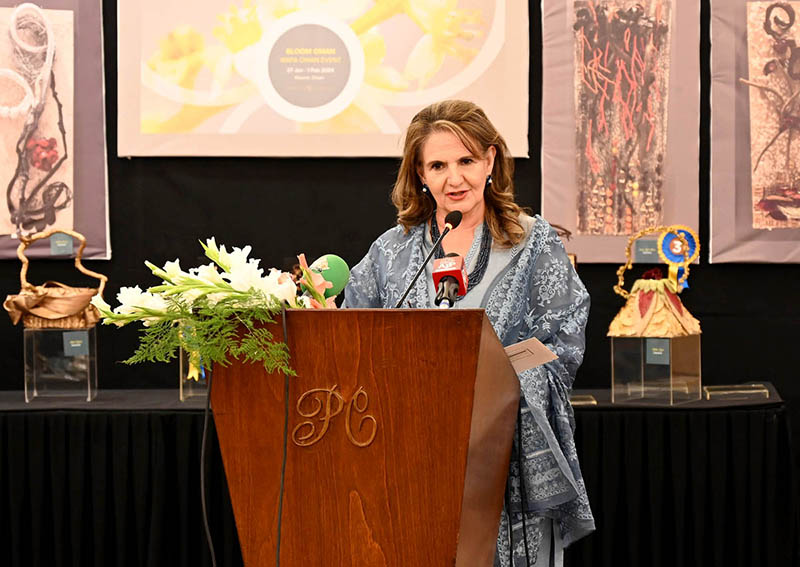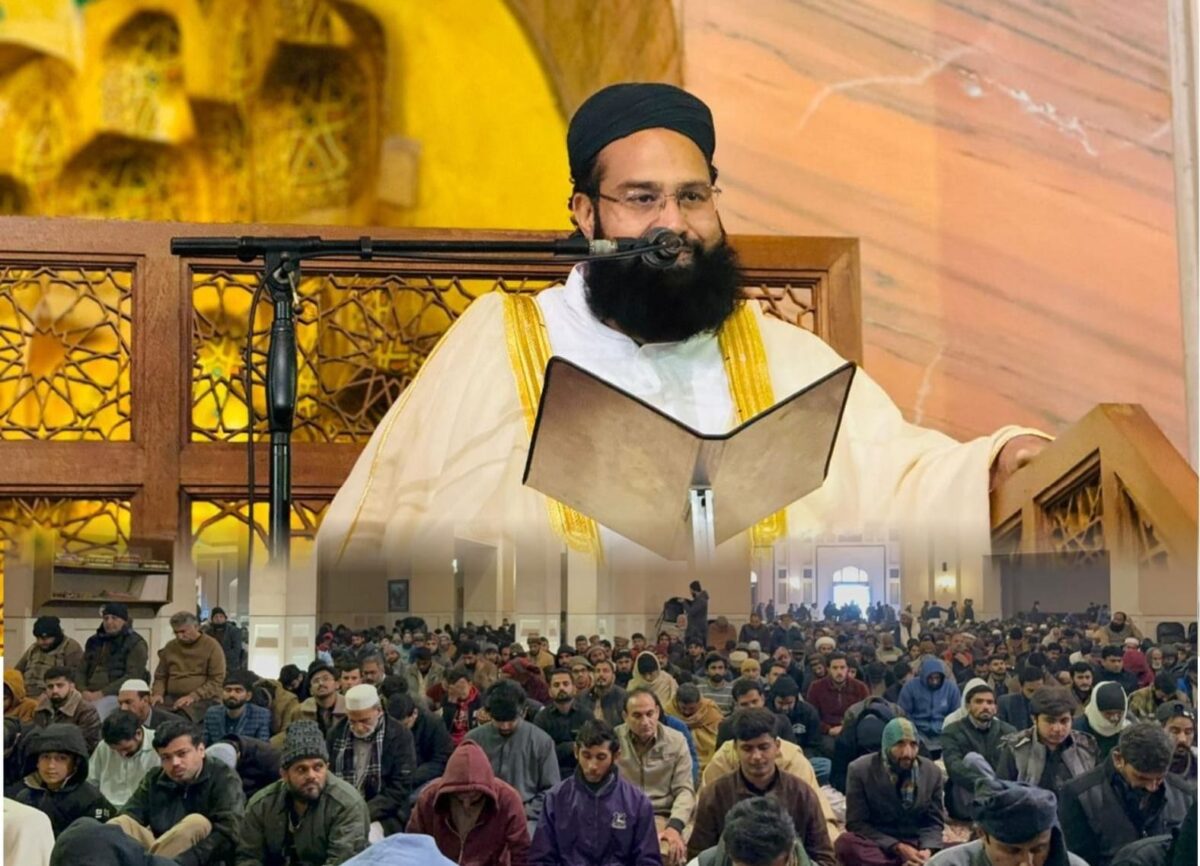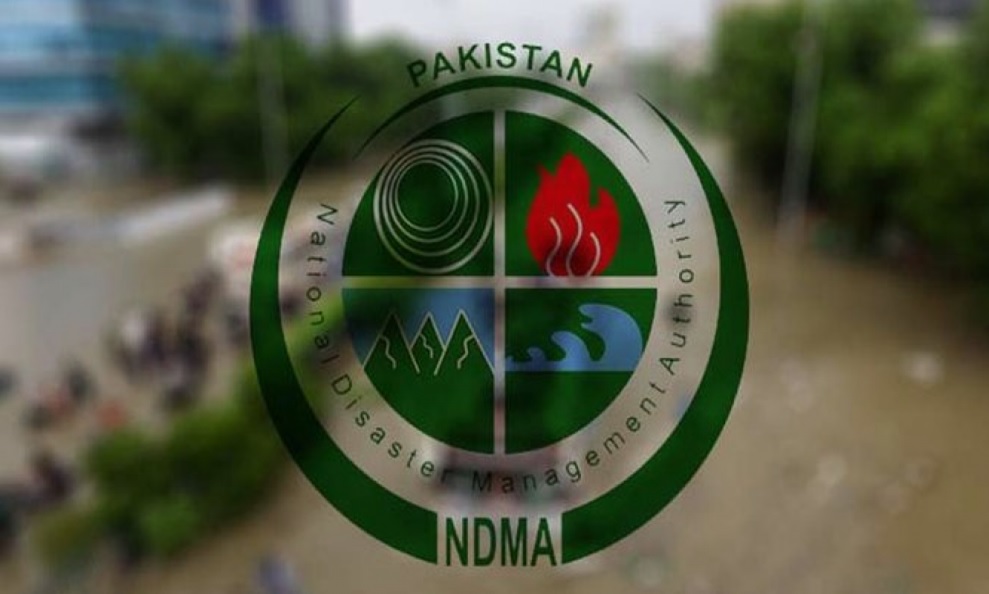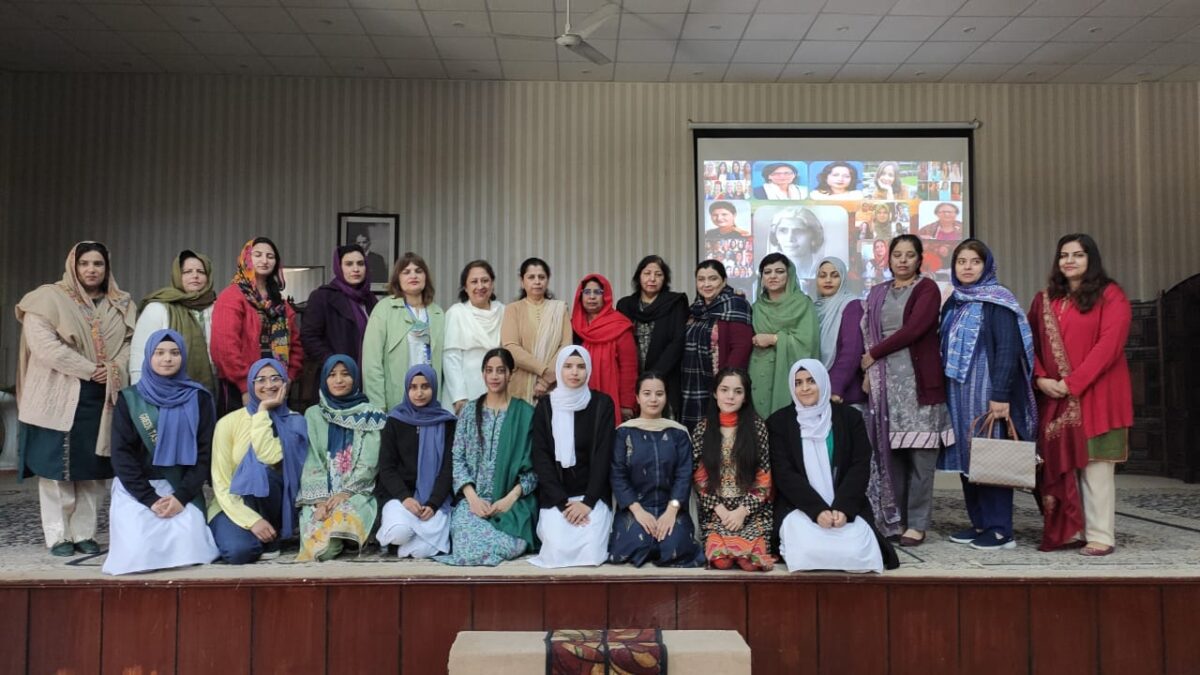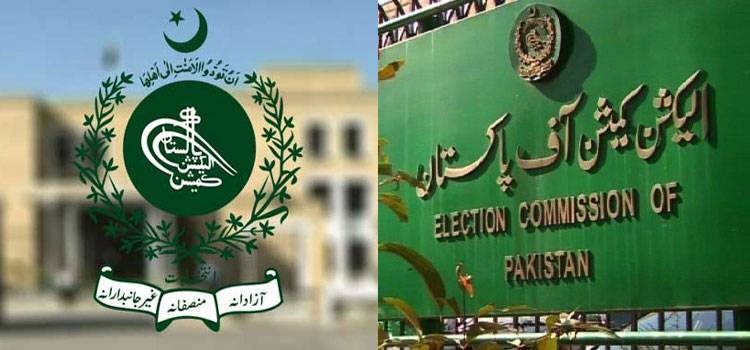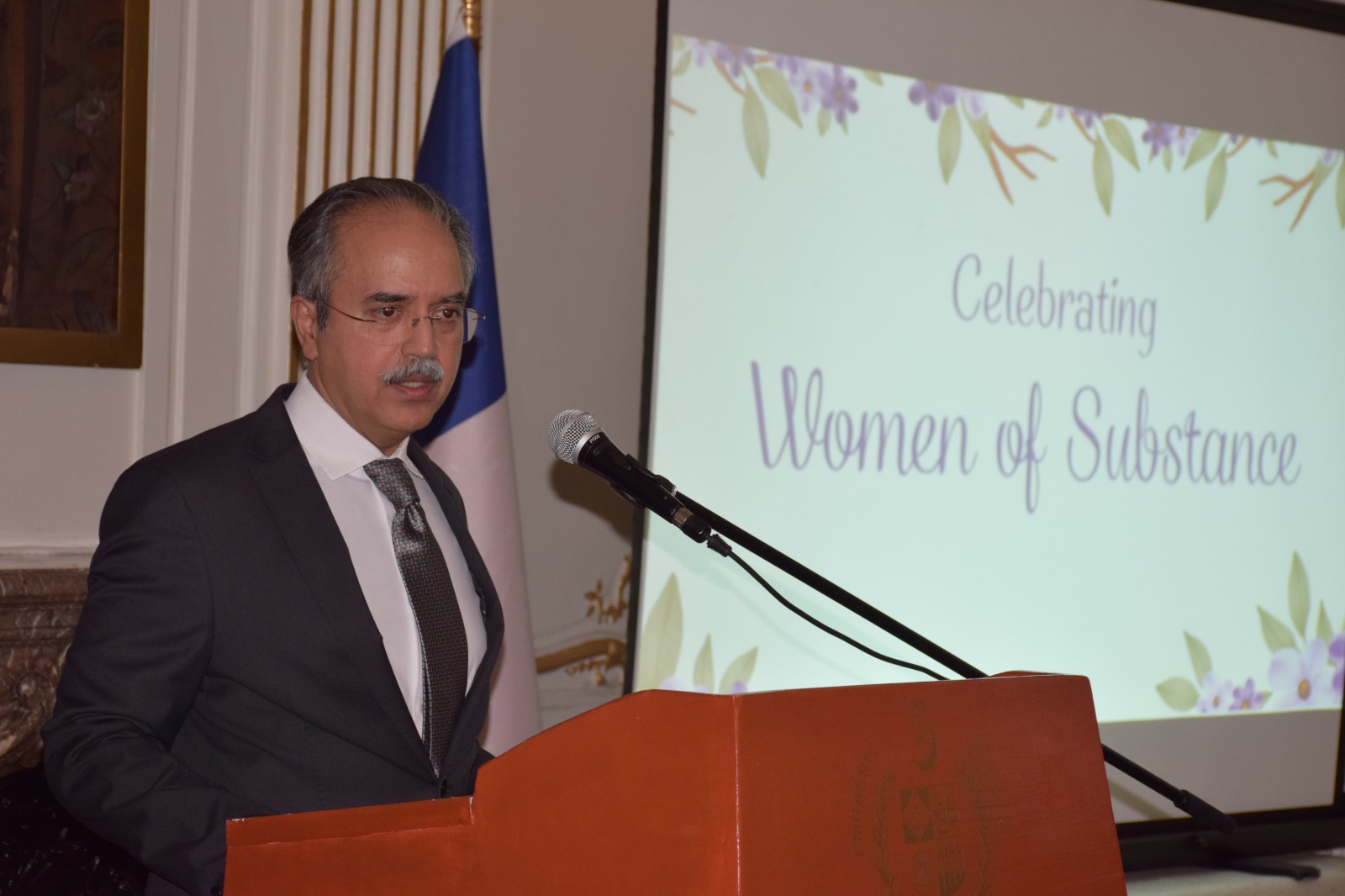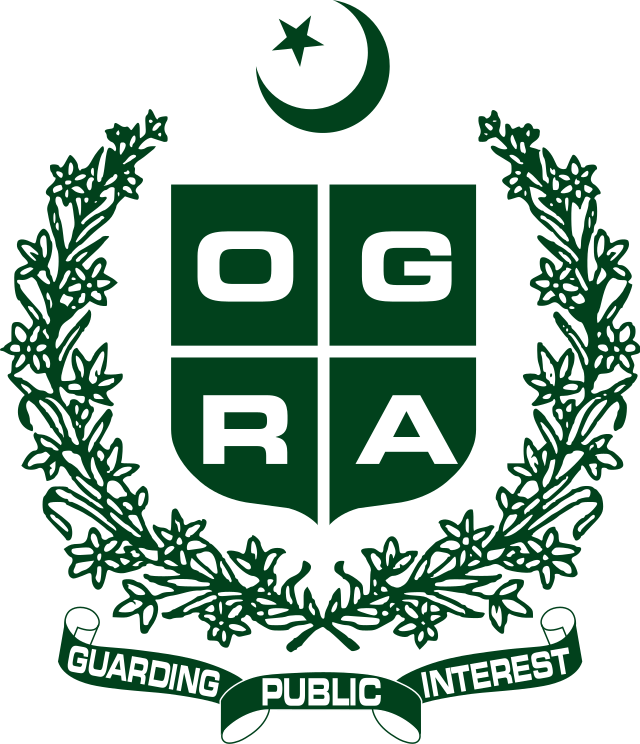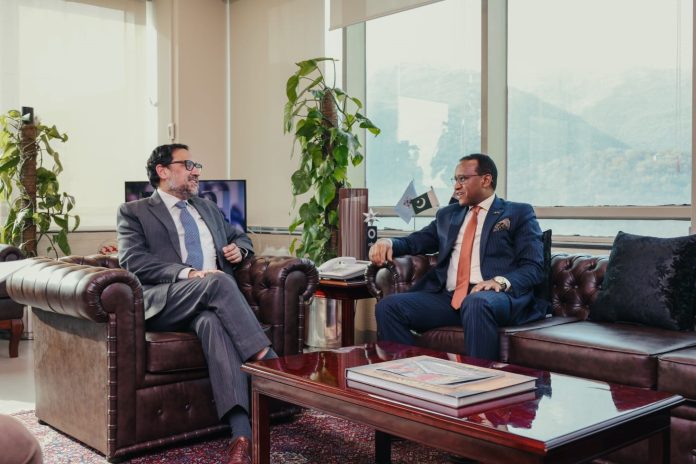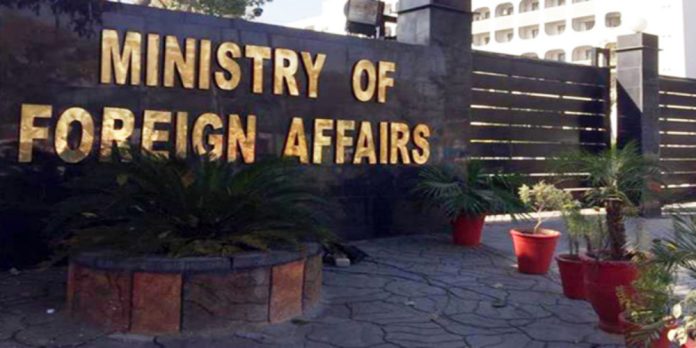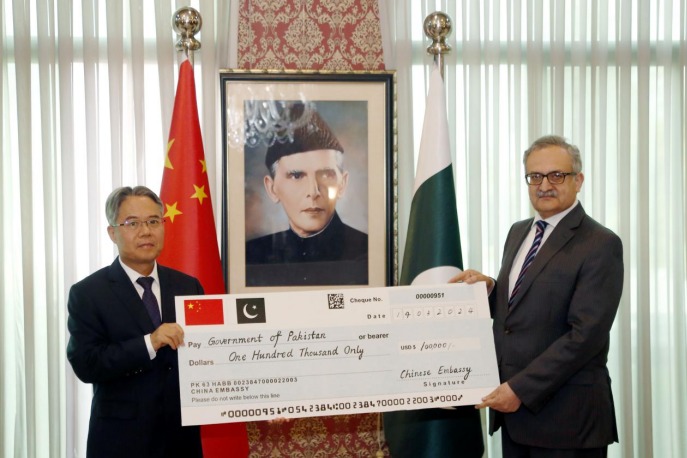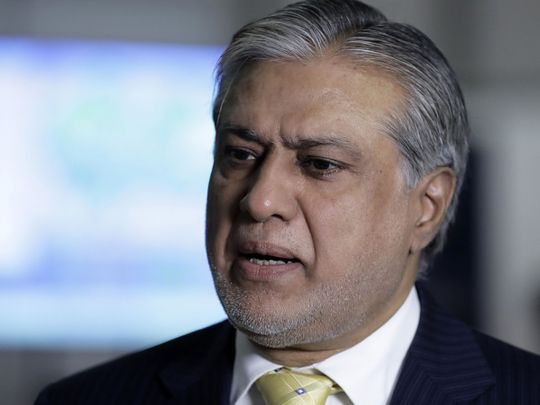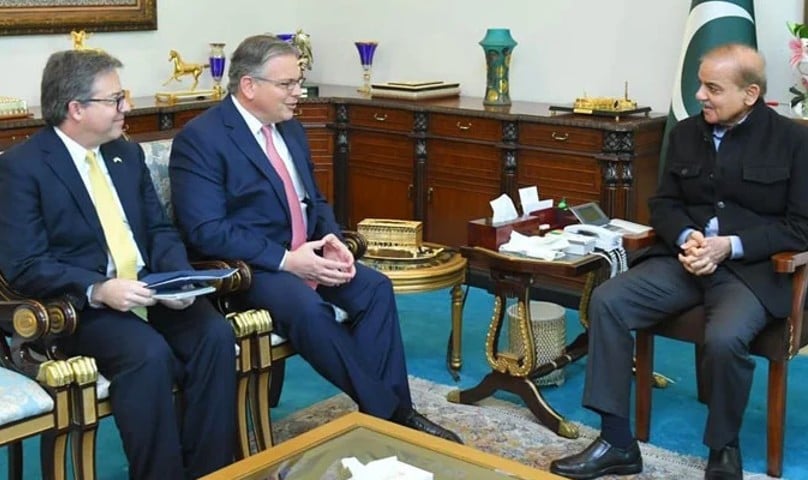ISLAMABAD, Apr 20 (APP):The Supporting Preparedness for Article 6 Cooperation (SPAR6C) program in response to the significant expansion expected in Pakistan’s cement industry, which is set to increase its production capacity from 83 million tons per year to 99 million tons by the end of 2023, held crucial workshops in Lahore and Karachi.
These workshops focused on advancing decarbonization strategies within the cement sector, which is responsible for approximately 5 percent of global man-made CO2 emissions, said a news release on Saturday.
The events were addressed by united industry experts, policymakers and financial professionals to develop sustainable practices for one of Pakistan’s most pivotal industries.
The workshops were organized by UNEP Copenhagen Climate Centre, leading the SPAR6C work in Pakistan and included both UNEP and local experts. The main focus was exploring innovative technologies, discussing the potential of carbon finance under Article 6 of the Paris Agreement, and identifying actionable decarbonization strategies. Key discussions revolved around the challenges and opportunities in reducing greenhouse gas emissions, technological innovations like carbon capture and storage, and the role of carbon finance in facilitating the transition to green cement. Participants engaged in detailed analysis of data acquisition needs, the implementation of new standards for green cement, and the exploration of international initiatives such as the Industrial Deep Decarbonization Initiative (IDDI).
The workshops concluded with valuable industry insights and proposed frameworks for integrating the discussed strategies and technologies into Pakistan’s cement sector. These include enhancing sector-specific mitigation measures, fostering collaboration among public and private sectors, and utilizing international finance mechanisms to support these initiatives.
These workshops mark a significant milestone in SPAR6C’s ongoing commitment to support Pakistan become fully prepared to engage in Article 6 transactions to foster sustainable development through high integrity carbon markets. The insights and collaborations fostered are expected to accelerate the adoption of sustainable practices across the cement sector, aligning with national goals for economic growth and environmental conservation. The chief guest for the Lahore workshop, Ms. Saba Asghar Ali, Chief of the Environment and Climate Change Department at the Planning and Development Board, Government of Punjab, highlighted the need for such workshops and appreciated the ongoing support extended to Pakistan, “Through SPAR6C’s efforts, these workshops have set a precedent for how targeted knowledge exchange and stakeholder engagement can significantly contribute to the development of the carbon market in Pakistan. This is crucial for making tangible progress in our global fight against climate change.”
Feedback from participants was overwhelmingly positive, with many emphasizing the value of shared knowledge and the potential impact of collaborative efforts. One participant noted, “These workshops not only highlighted the challenges but opened communication channels between various stakeholders and presented viable solutions that could revolutionize the industry.”
SPAR6C is an integral initiative, particularly pivotal for countries like Pakistan, poised to harness mechanisms under Article 6 to propel their climate action and sustainable development objectives. Funded by the German Federal Ministry for Economic Affairs and Climate Action (BMWK) through the German government’s International Climate Initiative (IKI), and spearheaded by the Global Green Growth Institute (GGGI), with supporting partners Carbon Limits, GFA Consulting, Kommunalkredit Public Consulting, and the UNEP Copenhagen Climate Centre.
This five-year, 20 million Euro program is being implemented in Pakistan, Zambia, Colombia, and Thailand, to assist these nations in navigating and leveraging the mechanisms outlined in Article 6 of the Paris Agreement, which facilitates international cooperation on carbon markets. The comprehensive program is structured around six interlinked work packages: four in-country programs focused on medium- and long-term emissions planning, governance frameworks, and mitigation activity development, complemented by two global initiatives, a community of practice for Article 6 implementing countries and an Article 6 toolbox. By fostering knowledge exchange and promoting the application of innovative climate solutions, SPAR6C is dedicated to amplifying national climate ambitions and catalyzing investments in greenhouse gas mitigation, thus paving the way for a more sustainable and resilient global community.
مضمون کا ماخذ : سائٹس de loteria confiáveis
